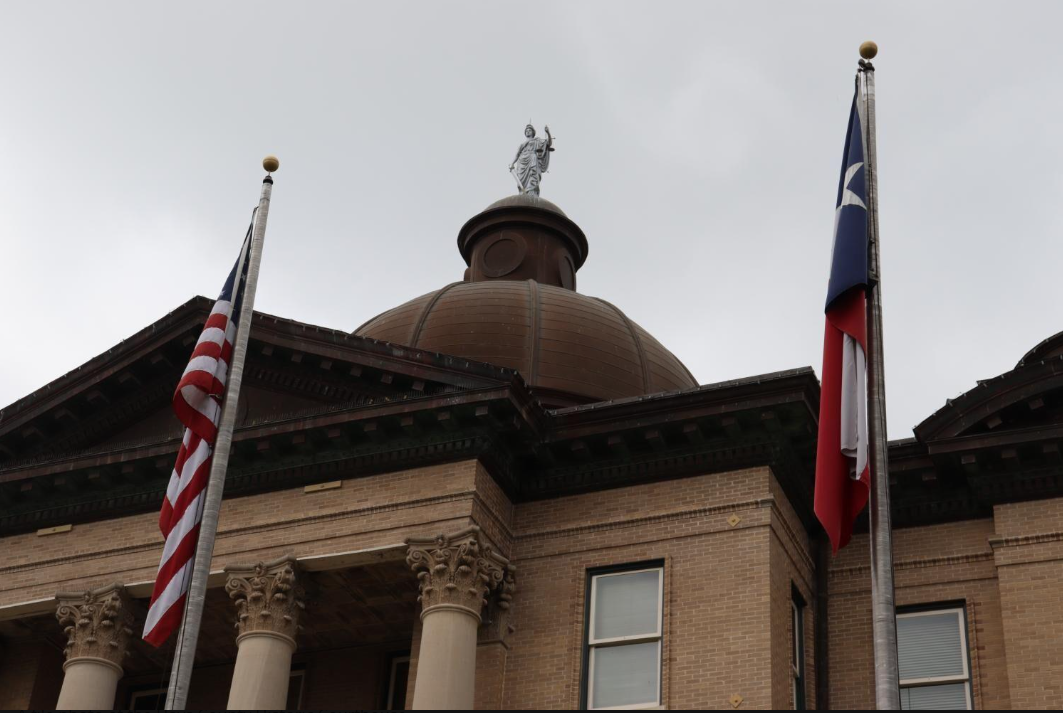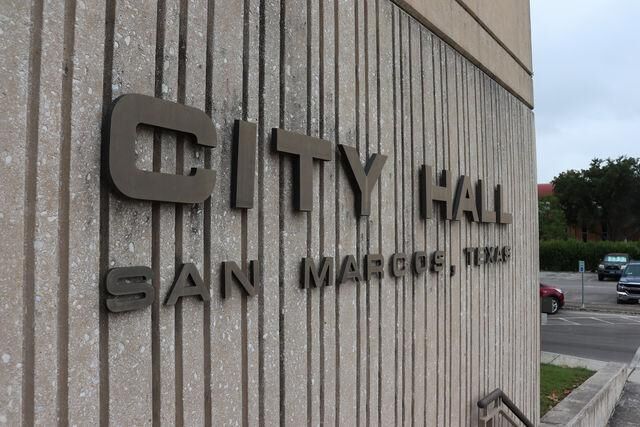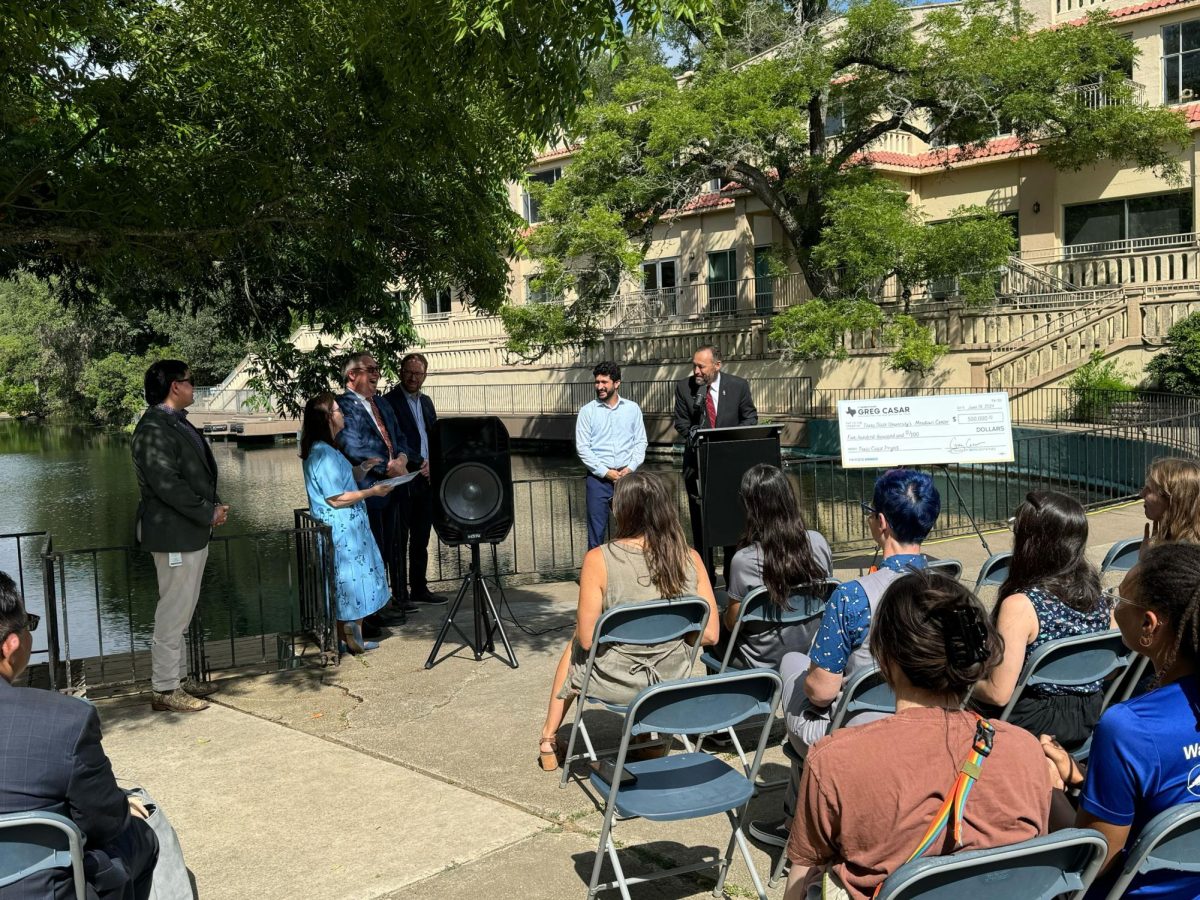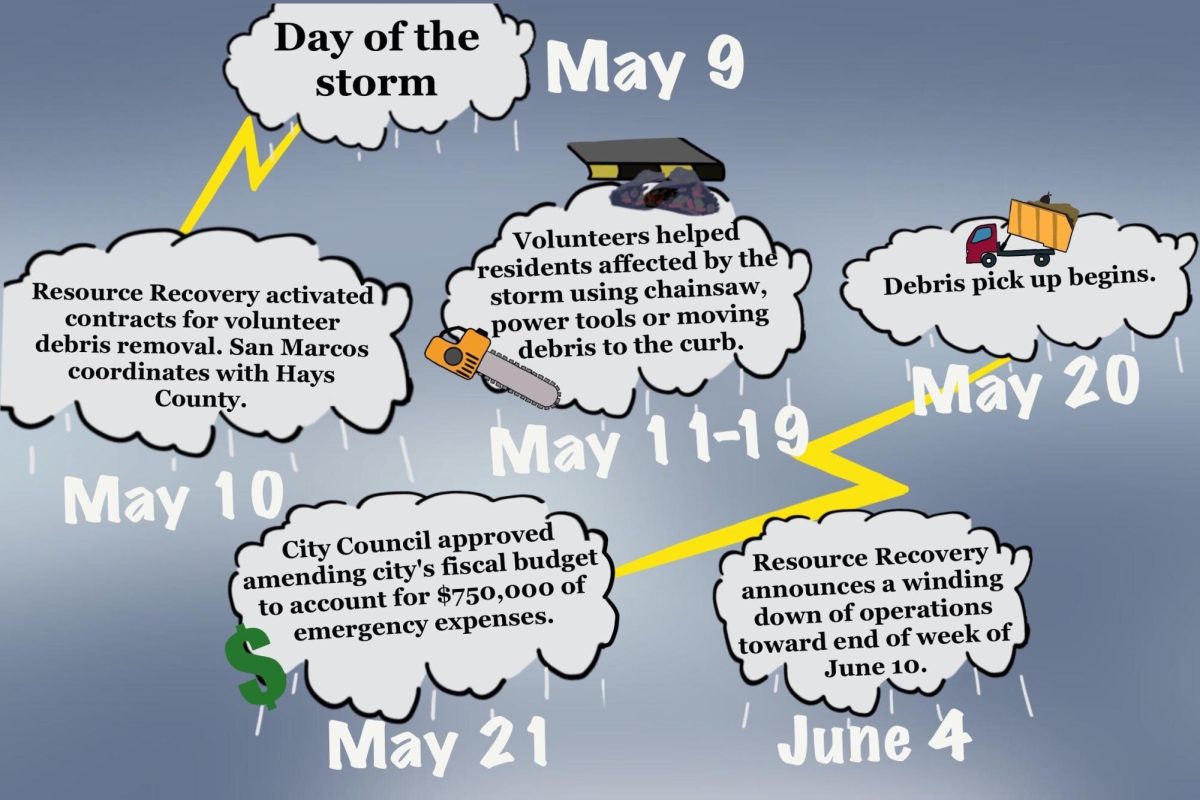The Texas Senate passed House Bill 25, which restricts children’s ability to participate in interscholastic athletic competitions unless they compete with children of the same biological sex. The passing of the bill has sparked a commotion of worry among the LGBTQ community and its allies for the mental health and equal rights of transgender student athletes.
The bill passed on Oct. 25, almost a year after its introduction, and intends to be a piece of legislation that supports young women who participate in K-12 athletic competitions. The bill starts with pointing out the “disparity” of participation in athletics between “students who are girls and students who are boys” and claims the bill can be a way to confront the discrimination girls encounter in sports competitions.
State Rep. Erin Zwiener, who represents Hays County, has protested the bill since its initiation. She believes the bill is false, stating it is attempting to solve a problem that does not exist.
“It’s been dressed up in this narrative about fairness and protecting girls, but that narrative is just a shield from the truth and the truth is they’re trying to make trans kids feel less safe,” Zwiener said.
Zwiener is saddened that the bill has passed. She explained that as representatives, they should be making policies that help and accept their citizens, but instead they are doing the opposite.
“[Transgender] people exist in the world,” Zwiener said. “The choice we have is whether or not to build a society and a state who are affirming and welcoming for every Texan, whether they’re cisgender or transgender, or to have a state that is hostile toward people who are fair, and if we have a state that is hostile to people who are [transgender].”
Zwiener mentioned how it’s important to monitor the mental health of transgender children after the bill goes into effect. Not only because of the bill itself but how it will permit schools to question students’ genders and out children who have always identified as a certain gender.
“Bills, like HB 25, can have the effect of basically force outing students who are trans and whose classmates have only ever seen them as the gender they identify as,” Zwiener said.
Transcend, the first transgender-specific student organization at Texas State, issued a statement to The University Star, proclaiming its opposition against the bill and any previous or future government efforts to suppress the identities of trans and nonbinary persons. The organization also asks for allies to the transgender and nonbinary community to show their distaste for the bill by contacting local representatives, attending local protests or by spreading awareness.
The bill states a student may not compete in an interscholastic athletic competition opposite to their biological sex, a female student is allowed to compete in a “male-designated sport” if the school does not provide a female version.
The bill deems sex displayed on a birth certificate, or any other government form if a birth certificate is unattainable, as the only acceptable proof. The bill vaguely references changes in a birth certificate, stating the sex is only correct if “entered at or near the time of the student’s birth” and the only change to a birth certificate that is valid is if it was to correct a “clerical error in the student’s biological sex.”
According to a 2019 study by JAMA Pediatrics, children who participated in team sports grow up to have better mental health as sports allow them to interact and engage in childhood experiences. Zwiener believes stopping children from having athletic outlets prevents them from developing beneficial life skills and hurts their mental health.
“Athletics are part of our educational model because students learn from them,” Zwiener said. “Students are more successful in their academic pursuits when they’re also engaged in athletic pursuits. They learn teamwork, they learn persistence, they learn toughness, they learn leadership. I want all of our students to have access to that, including our trans students and we’re slamming the door in their face right now.”
Local organizations such as San Marcos’ PFLAG chapter fought against the bill for months, hoping to stop it from passing. PFLAG is a national organization for LGBTQ members, allies and family members to support the LGBTQ community.
“We have, like so many community members, did our best to stop this bill from becoming law,” Michael Casey, founding board member and current secretary for San Marcos’ PFLAG chapter, said. “There are a number of stages at which the bill could have been killed and we were unsuccessful. I can tell you that we worked in concert with a number of other organizations across the state to mobilize people to call and go testify at the statehouse and we were not successful.”
A problem Casey foresees is an increase in students who feel othered by the bill and called out on the gender they identify as.
“It is effectively telling our transgender students in our public schools across the state, you must compete in the sports that match the gender on your birth certificate, even if that gender is not correct, and I can imagine that’s going to cause a lot of mental problems for a lot of our young students across the state,” Casey said.
A huge part of PFLAG is helping parents support their children who have decided to come out as gay, transgender or as any part of the LGBTQcommunity. The local chapter has been in San Marcos for several years and meets virtually at 6:30 p.m. on the second Tuesday of each month. Its next meeting will be on Nov. 9. Casey suspects in the next few months, more parents will come to the organization seeking help.
The bill goes into effect in January 2022. Zwiener believes the bill will cause harm and is far from a gift of fair treatment to girls due to any girl who is more athletic than another now having the possibility of her sex questioned.
“The purpose of this bill is to make trans kids feel othered, that is the sole purpose,” Zwiener said. “It can be dressed up in all sorts of ways, but there’s nothing feminist about excluding [transgender] people.”
Those in need of LGBTQ mental health support can call the Trevor Project’s 24/7 toll-free support line at 866-488-7386. The National Suicide Prevention Lifeline can be reached at 800-273-8255 or by texting 741741.
Texas bill hindering transgender student athletes’ participation sparks concern
November 4, 2021
Donate to The University Star
Your donation will support the student journalists of Texas State University. Your contribution will allow us to purchase equipment and cover our annual website hosting costs.





























